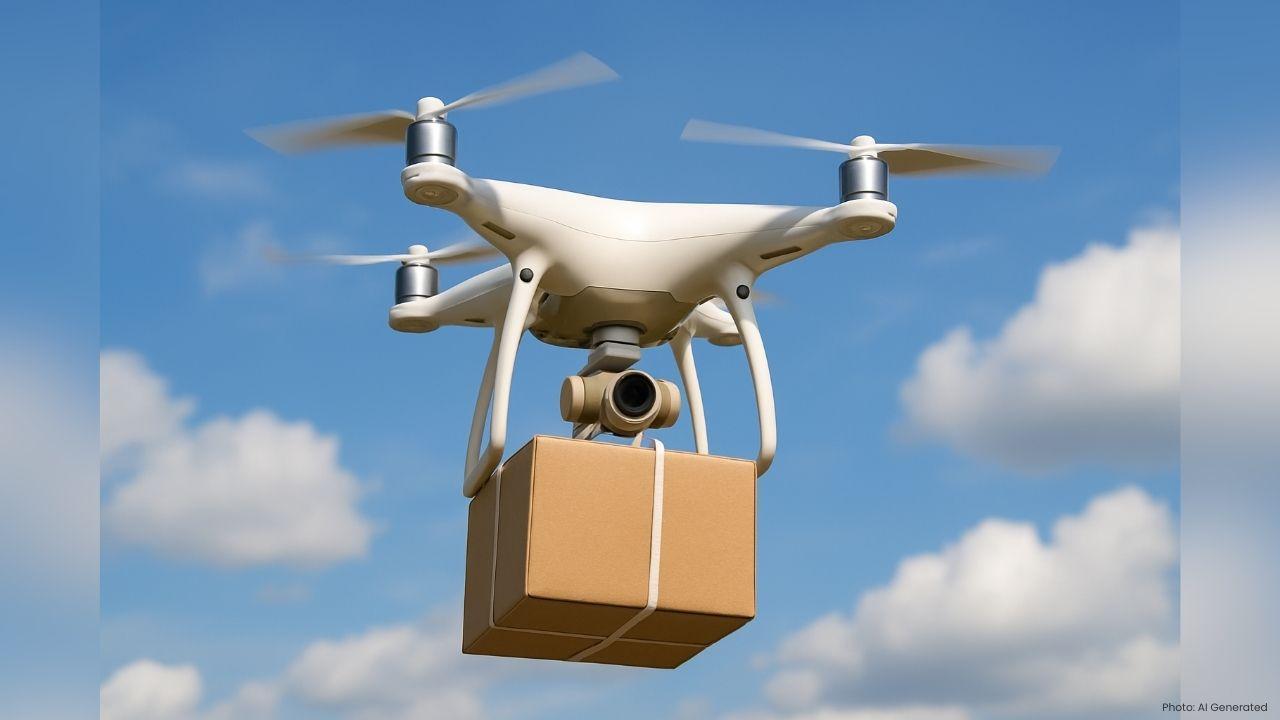
Post by : Mumtaaz Qadiri
Dubai shoppers may soon see groceries delivered from the skies, as Lulu Hypermarket is testing the idea of drone deliveries in the UAE. While nothing has been officially confirmed yet, Lulu has started feasibility studies to see if this futuristic delivery system is practical and profitable.
The concept is exciting because it could change how residents shop for daily essentials. Imagine ordering bananas, bread, or milk and having them delivered quickly by a flying drone. It’s a step toward a high-tech shopping experience that aligns with Dubai’s focus on innovation and smart city initiatives.
Other Supermarkets Also Interested
Lulu is not the only supermarket considering drone deliveries. At least one other major retailer in the UAE has been exploring the same option. Although there are no official announcements, the interest from multiple companies suggests that drone deliveries could become a broader trend in the future.
If leading supermarket chains adopt drone delivery, it could signal a major shift in how groceries and small packages are delivered in the UAE. The concept is gaining momentum as technology becomes more advanced and customers expect faster delivery services.
The Need For Faster Deliveries
In today’s world, consumers are used to fast deliveries. Mobile apps allow people to order items and receive them in an hour or two. Retailers are always looking for ways to make delivery faster, cheaper, and more efficient. Drones provide a solution by avoiding traffic congestion and reducing the need for delivery drivers.
Using drones could save time for both companies and customers. Instead of navigating busy roads, drones can fly directly to a customer’s location, potentially cutting delivery times dramatically. This makes them a convenient option for quick deliveries of small and lightweight items.
Challenges Of Drone Deliveries
While the idea is promising, it is not as simple as sending a drone into the sky with groceries. Regulations and safety concerns are major challenges. In Dubai, the Ministry of Civil Aviation must approve any drone delivery system, and approvals are carefully reviewed to ensure safety and compliance.
Drones must follow strict rules to avoid accidents, respect privacy, and operate safely in urban areas. Noise, weather conditions, and air traffic are other factors that need to be considered before drone delivery becomes widespread.
Legal Foundations In The UAE
The UAE has already laid some groundwork for drone deliveries. In December last year, China’s Keeta Drone received the first Beyond Visual Line of Sight (BVLOS) license in the UAE. This license allows drones to deliver packages over long distances without the operator needing to see the drone directly.
The BVLOS license is a significant step because it shows that the UAE is serious about supporting drone technology. It creates a legal framework for future drone operations, including commercial deliveries by supermarkets like Lulu.
Potential Impact On Shoppers
Drone deliveries could bring convenience for shoppers who need small items quickly. For example, someone running out of milk or snacks could order through an app and receive their products within minutes. The drone could lower a small package gently at the doorstep, making shopping more efficient.
Initially, drone deliveries might be limited to lightweight and small items. Larger groceries, like watermelons or 20kg rice bags, may not be suitable for drone transport in the beginning. Over time, technology improvements could allow drones to handle heavier loads.
Privacy And Noise Considerations
Despite the potential convenience, not all residents may welcome drones flying above their homes. Privacy concerns, noise pollution, and safety worries could affect public acceptance. Regulators and companies will need to balance efficiency with safety and community concerns.
To gain public support, drone deliveries must be designed carefully. Clear regulations, responsible operations, and transparency about flight paths will help ensure that residents are comfortable with drones operating in their neighborhoods.
Technical And Operational Challenges
Implementing drone delivery requires more than just regulatory approval. Companies need to develop secure, reliable systems for drone navigation, package handling, and tracking. Drones must be able to fly in different weather conditions, avoid obstacles, and ensure that items reach customers safely.
The operational model also needs to make financial sense. Running drones involves costs for maintenance, software, and personnel, which must be balanced against delivery fees and potential savings from faster service.
The Future Of Drone Deliveries
If Lulu Hypermarket successfully implements drone deliveries, it could redefine the shopping experience in Dubai. Residents could see groceries arriving from the skies, offering a new level of convenience and efficiency.
Other supermarket chains in the UAE are likely monitoring Lulu’s experiments. If successful, drone deliveries could become a competitive advantage, pushing other retailers to adopt similar technology. The result could be a major transformation of last-mile delivery services across the country.
Small Steps First
Initially, drone delivery may focus on small orders or high-priority items. Essentials like milk, bread, snacks, or medicines are likely candidates for early drone delivery services. As technology improves and regulations are adapted, the range of items and delivery zones could expand.
These incremental steps will allow companies to test operations, ensure safety, and gain public trust before scaling the service for larger orders and wider coverage.
Dubai’s Innovation Culture
Drone deliveries align perfectly with Dubai’s broader vision of innovation, technology adoption, and smart city initiatives. The city has a history of embracing futuristic ideas, from autonomous vehicles to AI-driven services. Drone deliveries could become the next step in creating a technologically advanced urban experience.
Residents have grown accustomed to new technologies in transport, healthcare, and retail. Introducing drones for grocery delivery could be the next milestone in Dubai’s journey toward a fully integrated, smart, and efficient city.
Lulu Hypermarket exploring drone deliveries is a sign of Dubai moving toward innovative, fast, and tech-driven solutions in retail. While challenges like regulations, safety, and operational costs remain, the potential benefits for shoppers are clear.
If successful, drone deliveries could change the way people shop, making grocery delivery faster and more convenient. Dubai residents may one day see their groceries arriving from the skies, marking a significant leap in retail innovation and urban convenience.
Drone Grocery Delivery, UAE Supermarket Innovation, Fast Delivery Dubai

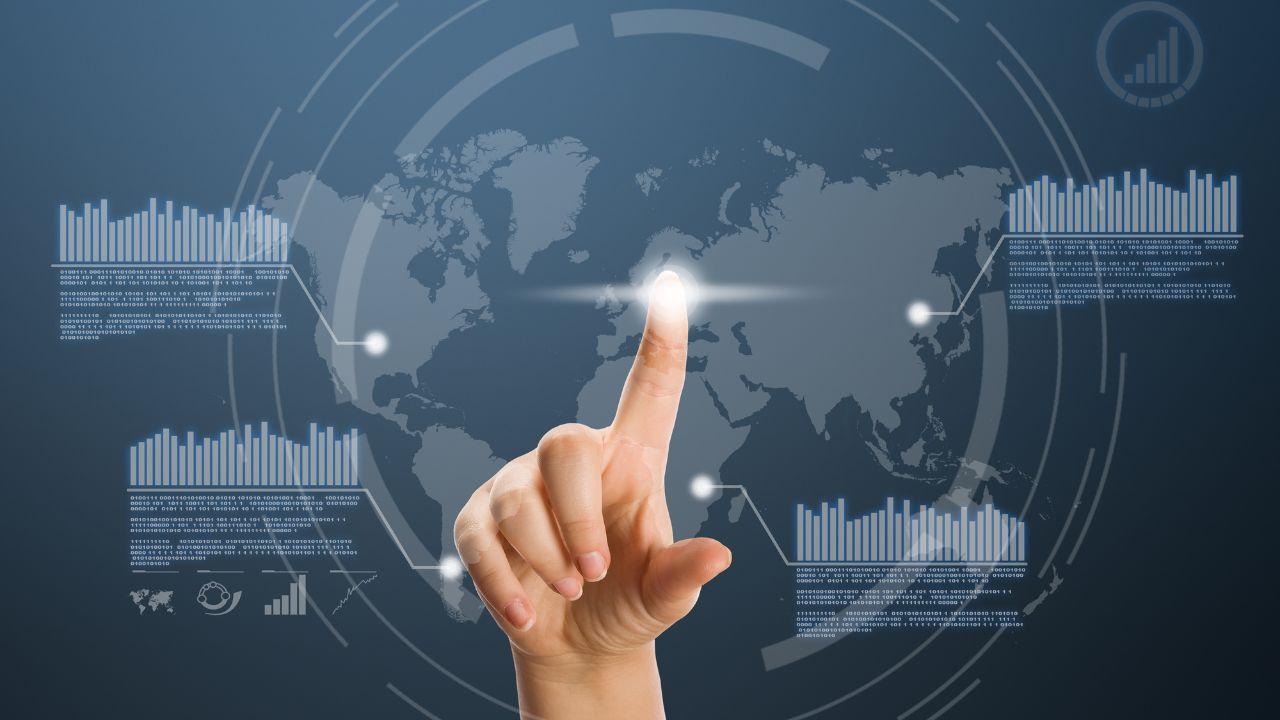
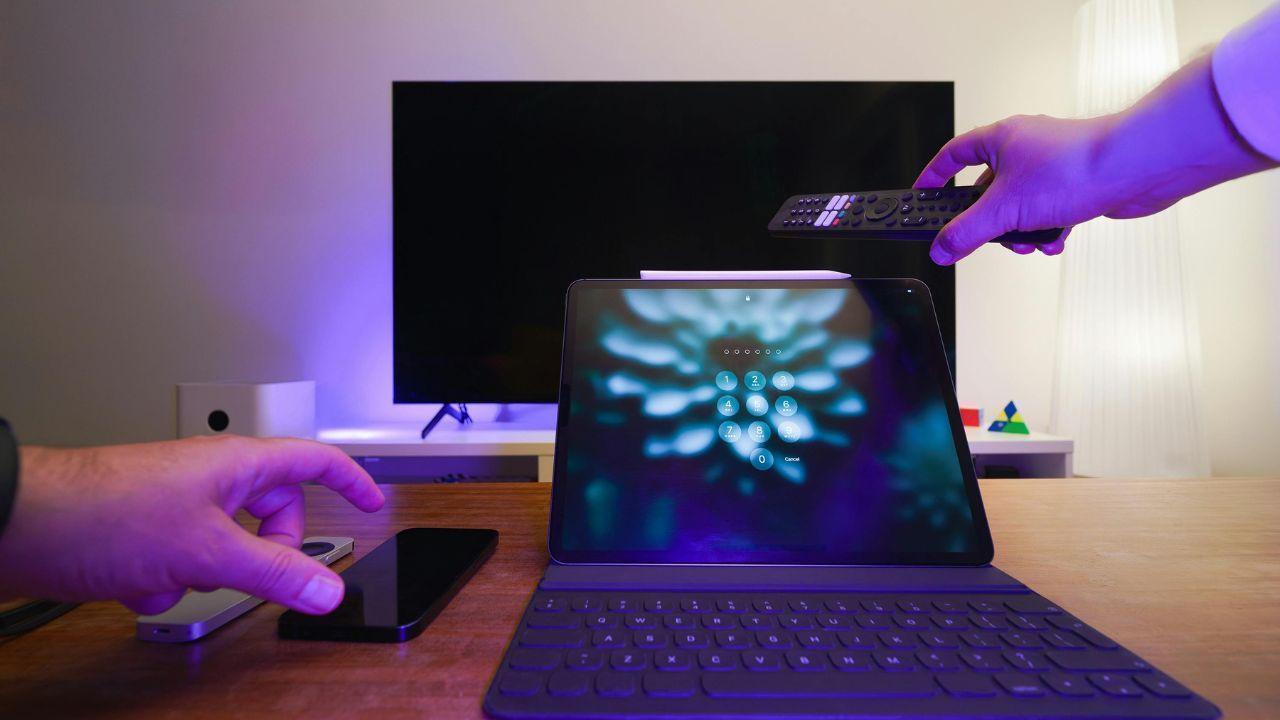






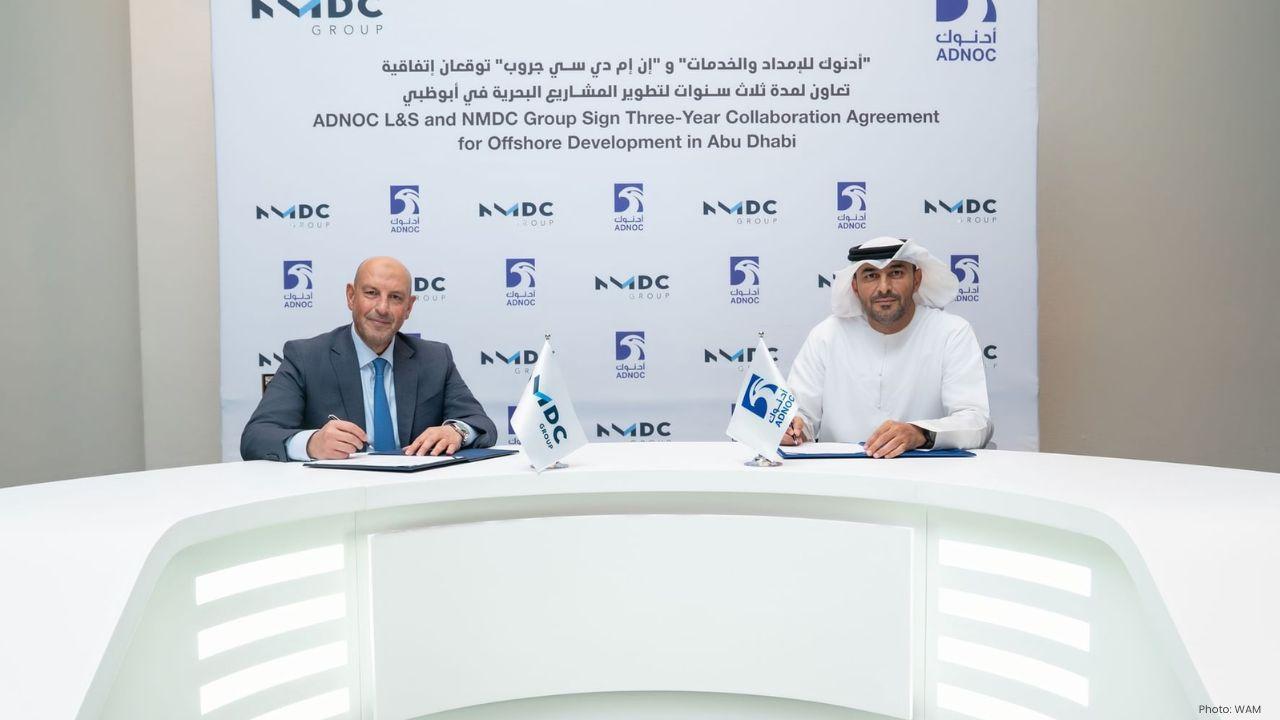
NMDC Group And ADNOC L&S Sign Three-Year Deal For Offshore Work
NMDC Group and ADNOC Logistics & Services sign a three-year deal to deliver maritime services for of

Six Miners Trapped After Earthquake Hits Coal Mine In China
A mining-related earthquake struck a coal mine in Heilongjiang, China, trapping six miners undergrou
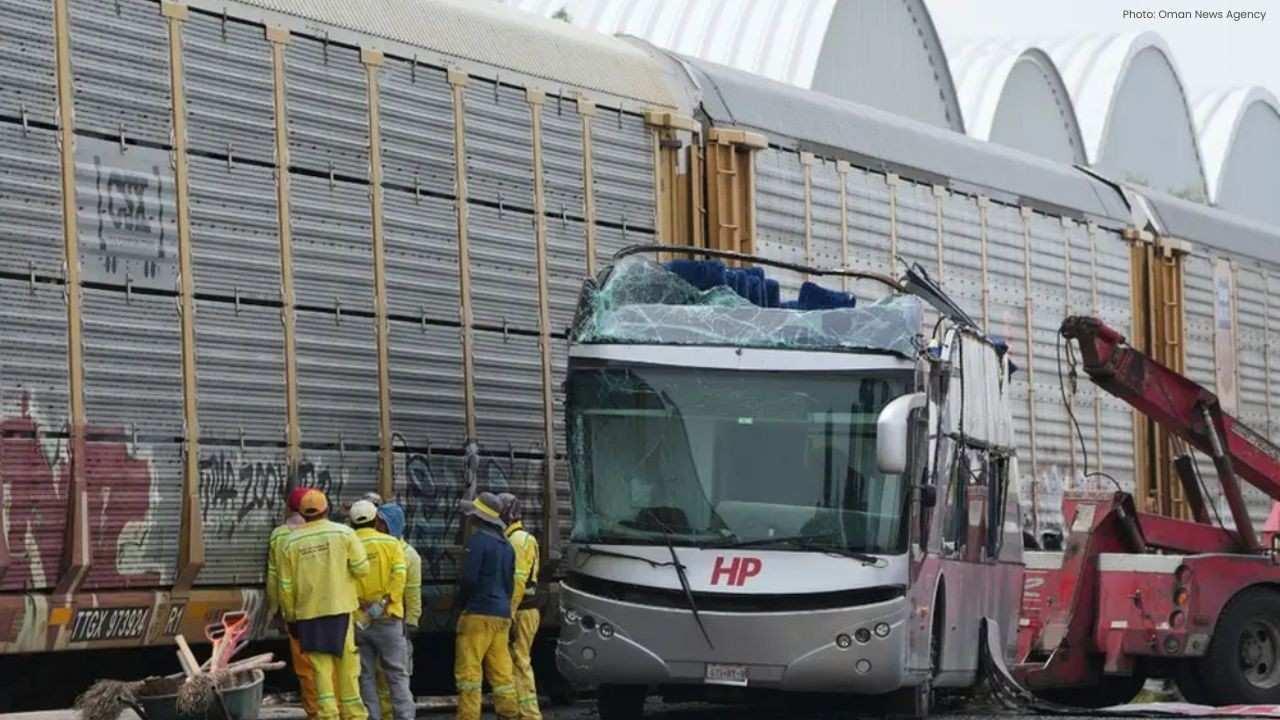
Train Collides With Bus In Mexico Killing 10 And Injuring Many
At least 10 dead and 41 injured after a train hit a bus at a rail crossing in Mexico. Authorities co

UAE Olympic Football Team Qualifies For AFC U-23 Asian Cup Finals
UAE Olympic football team qualifies for AFC U-23 Asian Cup finals in Saudi Arabia despite 3-2 loss t
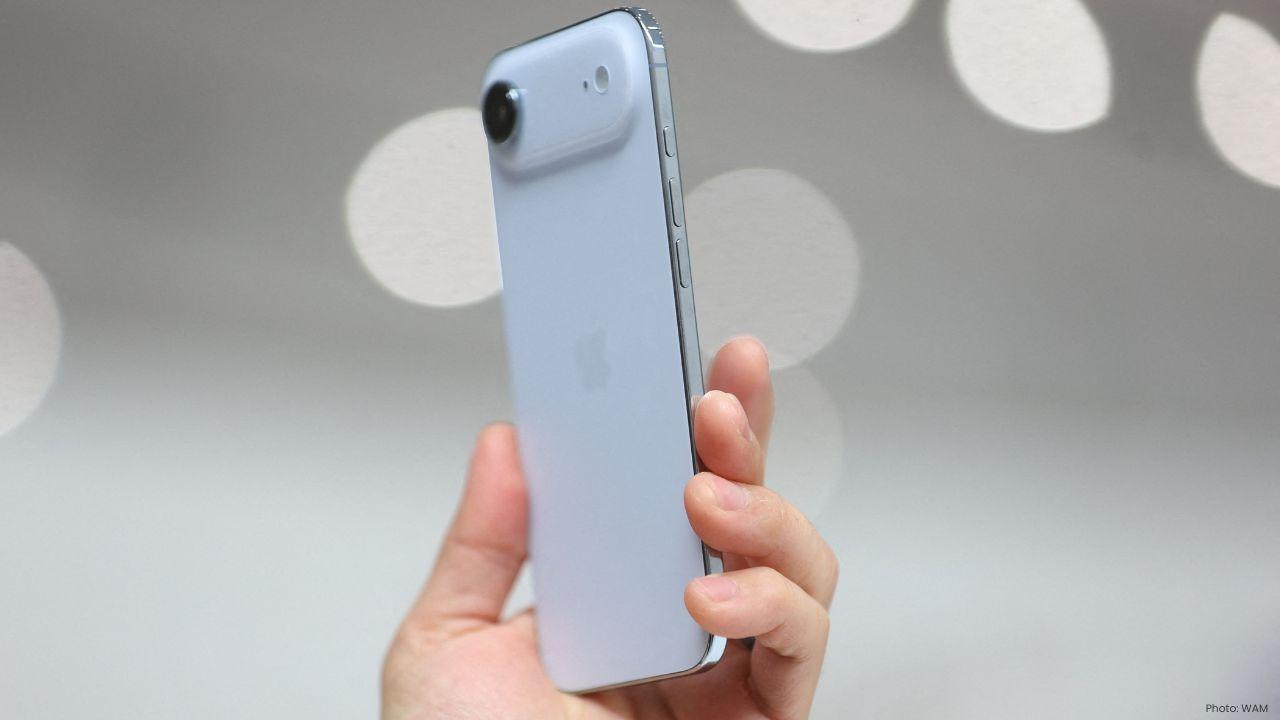
Apple Launches iPhone Air With Thinnest Design & Pro Performance
Apple unveils the new iPhone Air, its thinnest model with pro performance, multiple colors, large st
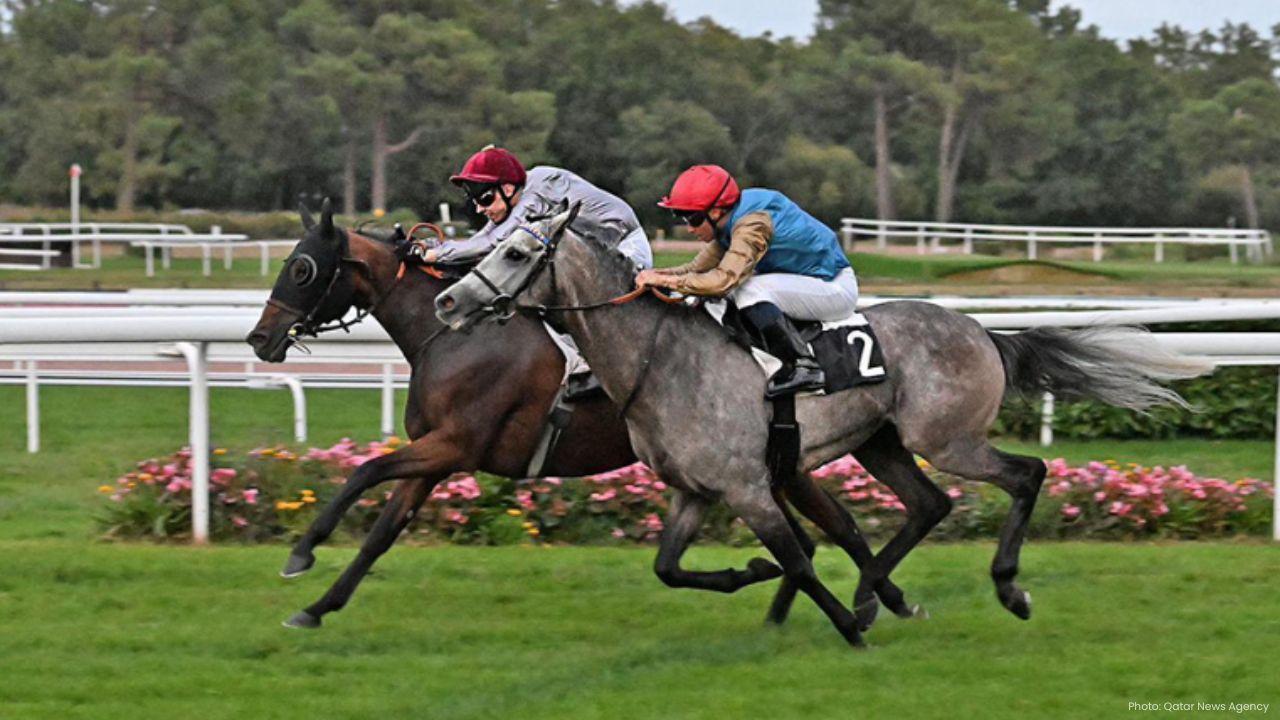
Al Wakrah Wins French Arabian Breeders’ Challenge Sprint Again
Al Wakrah, trained by Jean de Mieulle, wins French Arabian Breeders’ Challenge Sprint in France, mar